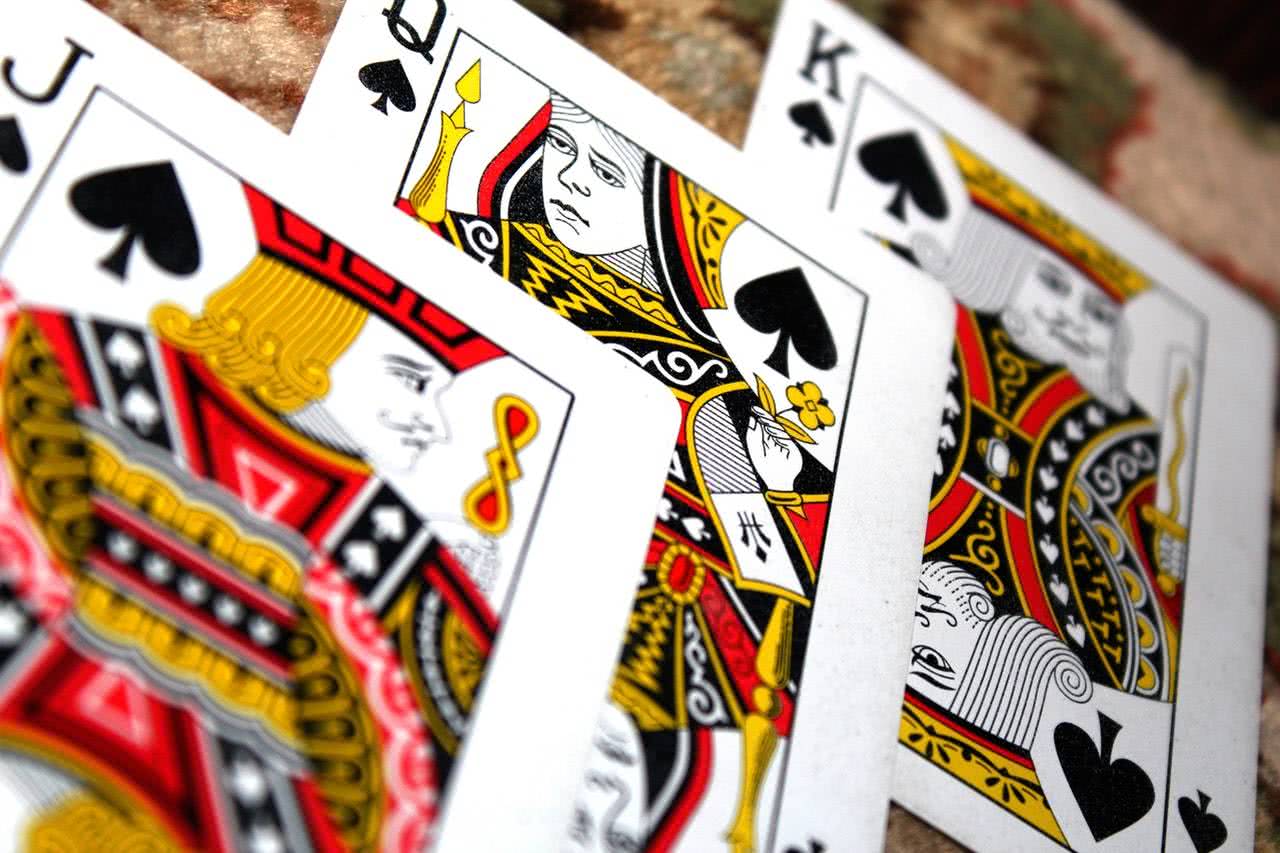As one of South Africa’s top addiction treatment centres, Recovery Direct is often on the frontline of reporters questions about what is driving the most effective treatment solutions for different addictions.
Problematic gambling behaviours often fly below the radar as there is a perception that they are “not quite as dangerous” as alcohol or drug addictions, often perpetuated within the family. The problem is that severe gambling addictions also carry one of the highest rates of suicide.
With the advent of “gaming addictions“, “social media addiction” other modern process-related disorders many of the same complex interplays of escape and fantasy are in play, so we should be paying more attention. However, gambling addiction still remains problematically out of the public limelight and we should be asking more questions.

This is the latest list of common questions relating to gambling addictions and our responses that provides insights into this insidious behaviour disorder.
- What is the difference between a habitual gambler and an addict?
Most of the implication of “addict” usually revolves around substance use disorders, whereas the terminology for “Gambling Addictions” stems more toward “Compulsive Gambling”, “Impulse Disorders” or “Gambling Disorders“.
People that gamble to the point where the behaviour reaches the point where it becomes destructive to their lifestyle or well-being or the well-being of loved ones and continue to gamble, in spite of the negative consequences, can be considered “addicted” to gambling.
A habitual gambler may for instance gamble on designated events but otherwise not risk their financial wellbeing. Alternatively, a habitual gambler may also gamble compulsively, and could be classified to have an “addiction” (detrimental to their financial or personal wellbeing).
- Why do some people enjoy/get addicted to gambling?
Like most addictions, gambling is an outlet to ease deeper emotional issues. Often, this stems from early childhood emotional damage to self-worth and self-esteem. People struggling with gambling addictions often have complex childhoods backgrounds that develop into adapted “coping behaviours” as adults. Gambling addiction’s emotional fulfilment feel often stems from the fantasy of true validation or acknowledgement. There is a thrill in winning even when we consciously know that the odds are against us there is an underlying need in the human condition that strives against these odds. In reality, it’s a lot more complex, these human emotional needs are often not being met in present relationships and people opt to process of gambling to find a sense of fulfilment. People that have not suffered from these complex emotional social issues don’t feel as compelled to take the risk to find validation or establish the fantasy of their self-worth because their self-worth or self-esteem was established and embedded from childhood. Often times gambling addictions cause a disparity in relationships as the losses are often covered with hidden shame that is hard to talk about openly to spouses and family. These hidden addictions are
- What is the rush with Gambling Addiction?
The rush is the risk of knowing there is a chance of winning or losing, it seems obvious but like most addictions, the rush and trills are linked to dopamine released in the brain in these heightened risk-reward scenarios and the temporary relief of escapism from uncomfortable emotions.
Many responses in the nervous system are activated and play havoc with cognitive thought reckoning. The essence of gambling lives in the imagination of the player, the “if only” fantasy propels many people to venture to take the chance for the “big win”. Even when the odds are starkly against the player the chance of winning draws many people toward gambling games. Online casino games are easy to conceal and specifically designed to keep players interested, entertained and playing. Sometimes it’s about the money and other times it’s simply an entertaining distraction from daily life.
- How do you know you have a gambling problem?
Being conscious as to what the process is being highlighted to you by friends and family is often a big indicator. Gambling, however, is a somewhat covert addiction disorder.
Families may often have very little idea as to what is going on until it is too late.
Of all the addiction disorders Gambling can be one of the most “hidden” and thus sometimes hard to catch until most often associated with suicide. Once the person hits rock bottom they realise that they have seemingly impossible debts, but mostly the sense of shame or guilt are overriding factors.
As family members, we tend to know someone “likes to gamble” and may even “normalise” or justify the behaviours and thus enable the process. Which adds complexity to the resolution or identification of the problem.
However, when abnormalities occur in the financial well-being of the individual or family, it is time to open up the conversation to find out what can be done to find constructive solutions like talk therapy that works on emotional needs that are driving the behaviour.
- How common is gambling addiction in South Africa?
It’s very hard to say due to the scale of what is considered gambling and the means by which data on gambling disorders is accumulated in South Africa. The prevalence of lottery kiosks, online gambling, sports betting and casinos would indicate that a substantial portion of the population in South Africa actively participates in betting games. Lotto is the most popular type of gambling in South Africa with kiosks that averaged 5 million transactions a week in 2007.
A final note on understanding gambling addictions
Many people consider gambling to be relatively harmless, however, the suicide potential with compulsive gamblers is up to 15x more likely for them to follow through with suicide. There are many social groups and therapists able to help people through these tough times as well as more indirect online courses that directly deal with deeper emotional states like the https://recoverydirect.net/ online programme.







